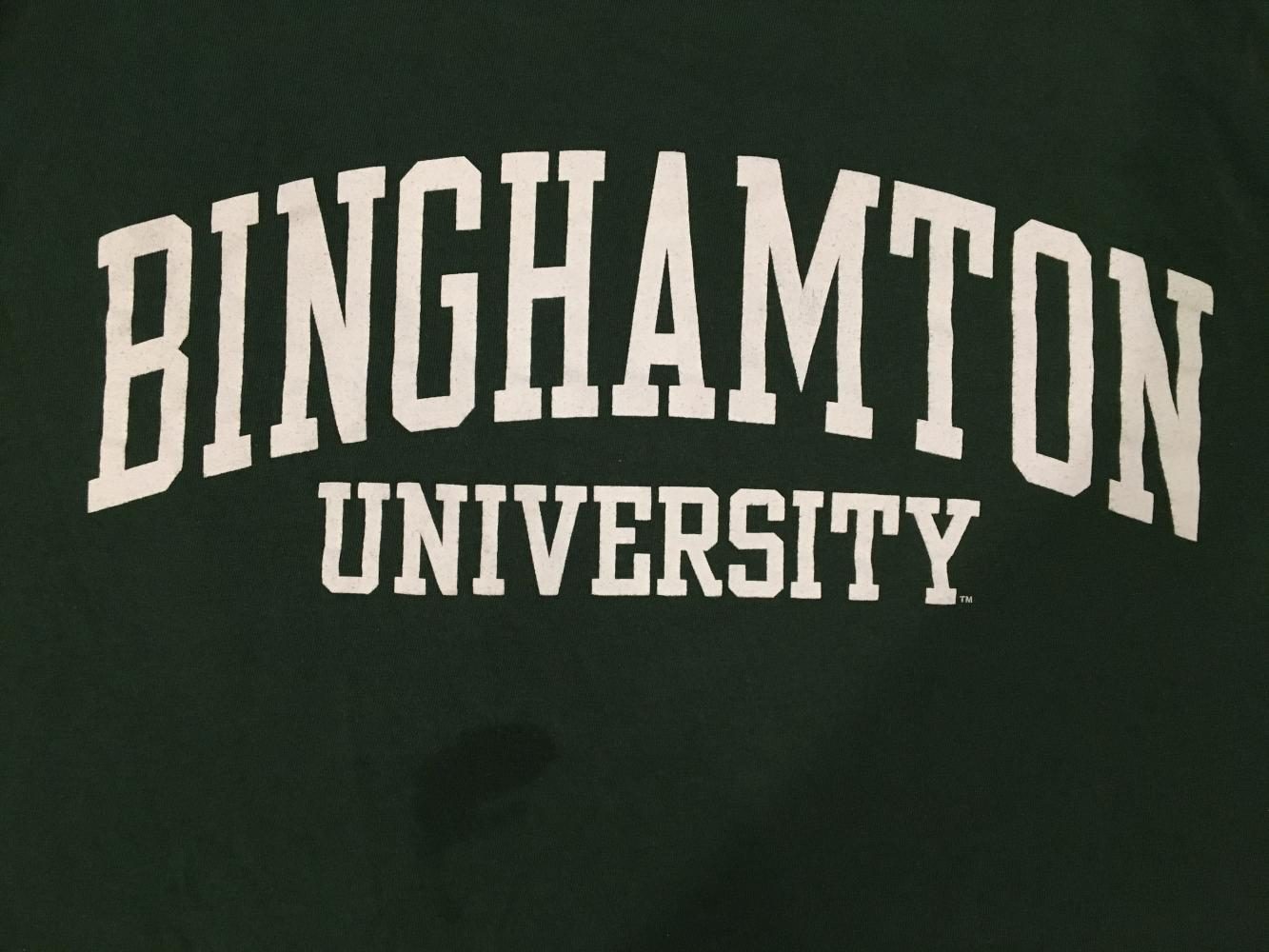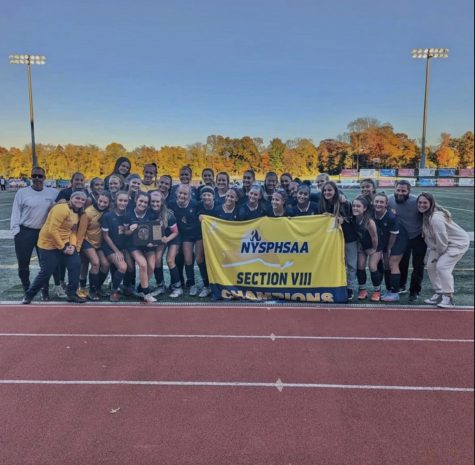Go to college without breaking the bank? Cuomo’s plan
Danielle Anzelone // The Chief
Binghamton University is a SUNY school that will introduce the new tuition plan.
Here’s some great news for our next high school graduates. New York Governor Andrew Cuomo has successfully signed a law providing tuition-free college for many incoming and current SUNY and CUNY students. This plan was part of the state’s annual budget bill, which passed in mid-April and was promptly signed by Cuomo.
The tuition-free plan will allow qualifying New Yorkers to attend any SUNY (State University of New York) or CUNY (City University of New York) school—community colleges—at the undergraduate level without paying any tuition for all two to four years of school.
The plan will not necessarily eliminate tuition for all public schools of higher education in the state, but instead, it will create the Excelsior Scholarship, which will—in addition to other programs such as the Tuition Assistance Program (TAP)—pay for tuition at public colleges and universities.
Though this idea is certainly beneficial for a number of New Yorkers, it is important to take a look at its provisions and requirements.
For starters, the plan will mostly be funded through the imposition of a “millionaire’s tax,” meaning that the tax burden is placed primarily on the upper class rather than most middle class or poor New Yorkers. However, questions still remain about the funding and sustainability of the program.
“The new Scholarship certainly has the potential to provide opportunities for students that may not have existed before,” Executive Assistant of Guidance Mr. Paul Weber said. “How it will be funded and sustained is yet to be seen, but more students will continue their education as a result.”
However, this plan does come with some limitations.
First, the law only applies to families who make below a certain income per year. For this upcoming academic year, the Excelsior Scholarship will only apply to families making under $100,000 a year—which means many Long Island families will be ineligible for the scholarship. For the 2018-2019 academic year, this figure raises to $110,000, and in the 2019-2020 academic year and moving forward it will be $125,000.
Senior Stephanie Gentiluomo has committed to SUNY Purchase College and expresses her support for the bill, but also her concerns about the income requirement.
“As a high school senior having decided which college she’s going to, I had high expectations for the free college bill. The income level is at a certain level, which does make sense for those who may not be as lucky as I am,” she said. “However, I hope they make an income level change because everyone deserves an education regardless of how much they make. In many other countries, public university education is completely free. I know that most people would be willing to get an education if it were free.”
Furthermore, this scholarship doesn’t supplement other scholarships and financial aid opportunities that a student receives because it does not act in addition to these financial awards. So, for many students, this plan will offer them little to no more financial assistance than they would normally receive.
Another requirement to this plan is that students enroll in college full-time in order to receive the Excelsior Scholarship. Unfortunately for many students, they must also work long hours to earn enough income to survive and can not invest in attending college full-time.
This plan would also require that students remain a resident of New York and work in the state for the same amount of years as they received the scholarship. So if a student received an associate’s degree after two years, he or she would be required to work in New York State for two years; this figure raises to four years if a student receives a bachelor’s degree. This can be particularly detrimental to individuals who wish to enter fields, such as the tech field, which are active primarily in states other than New York.
There is no separate application for a college-bound student to apply for this Scholarship;. Instead, there is a part of the New York section of the FAFSA (Free Application for Federal Student Aid) form in which a student can apply for the Scholarship.
Cuomo’s strong advocacy for this plan and other progressive legislation in the budget bill has led many political pundits to believe that the Governor is planning to run for the Democratic nomination for president in 2020. With successful legislation such as this to base his platform on, he may be a strong contender in the primaries and the general election. Through the passage of this bill, Governor Cuomo shows a commitment to providing an affordable education to many students who previously would not be able to obtain one.










